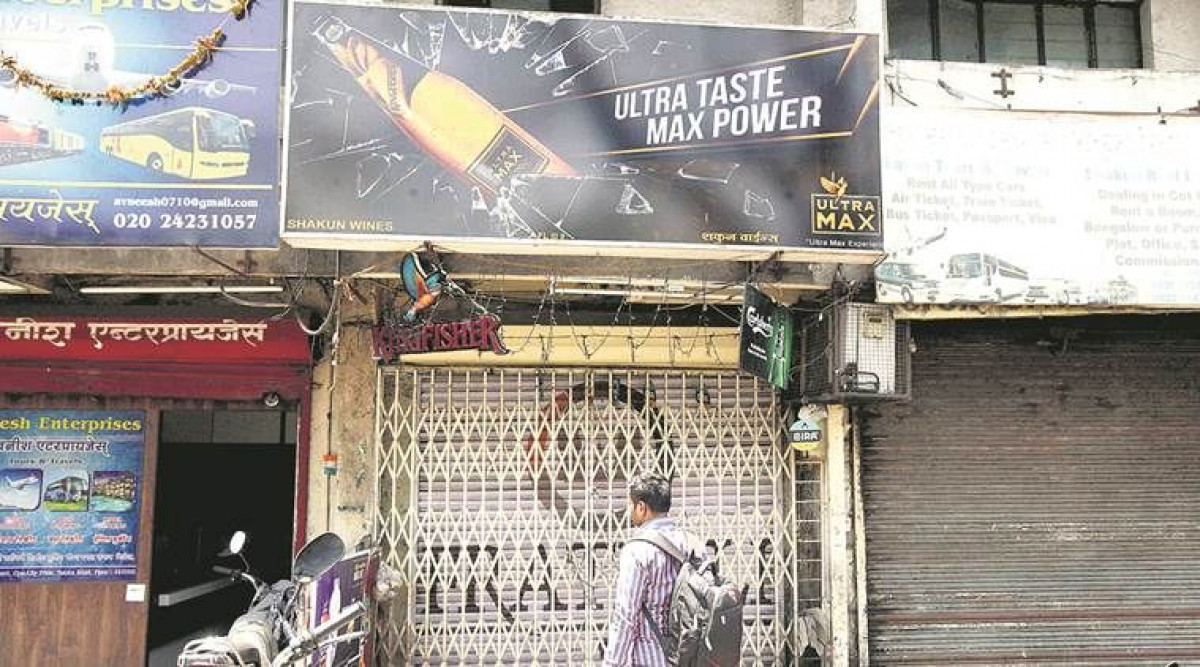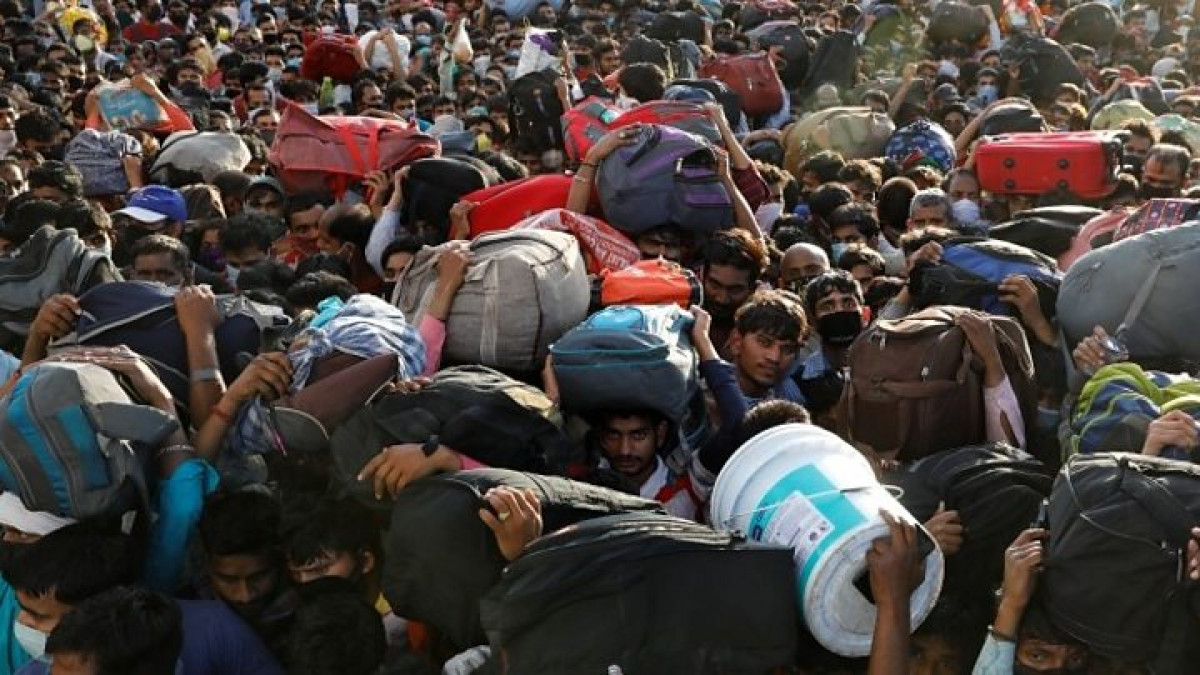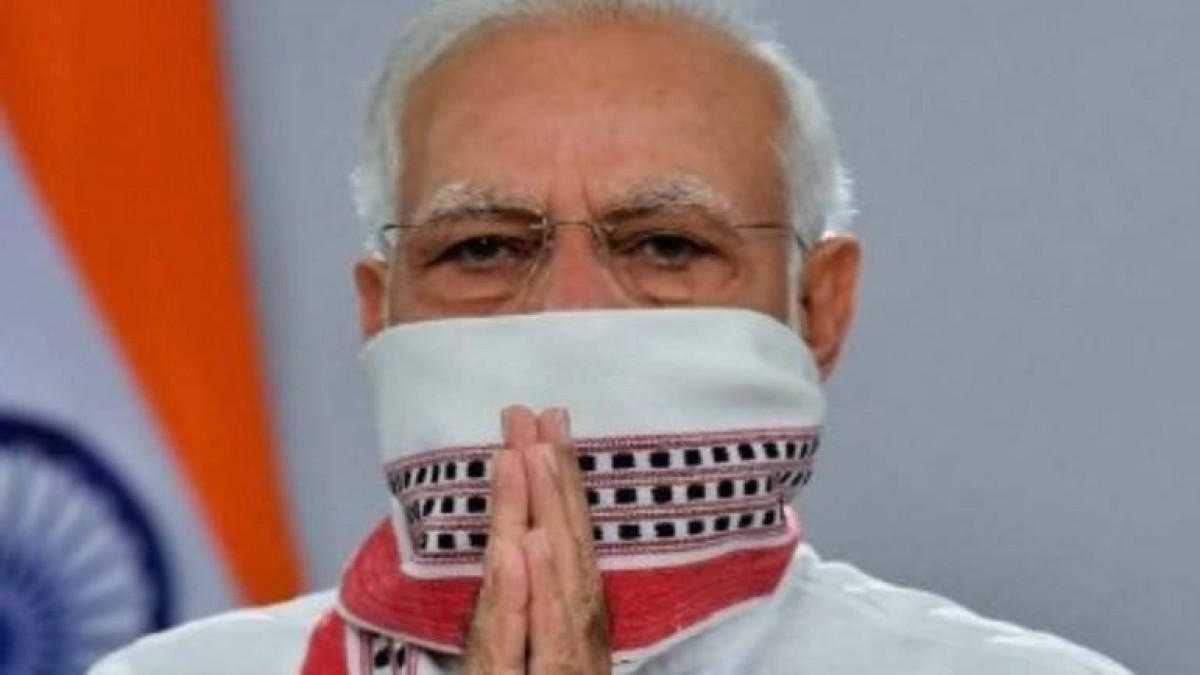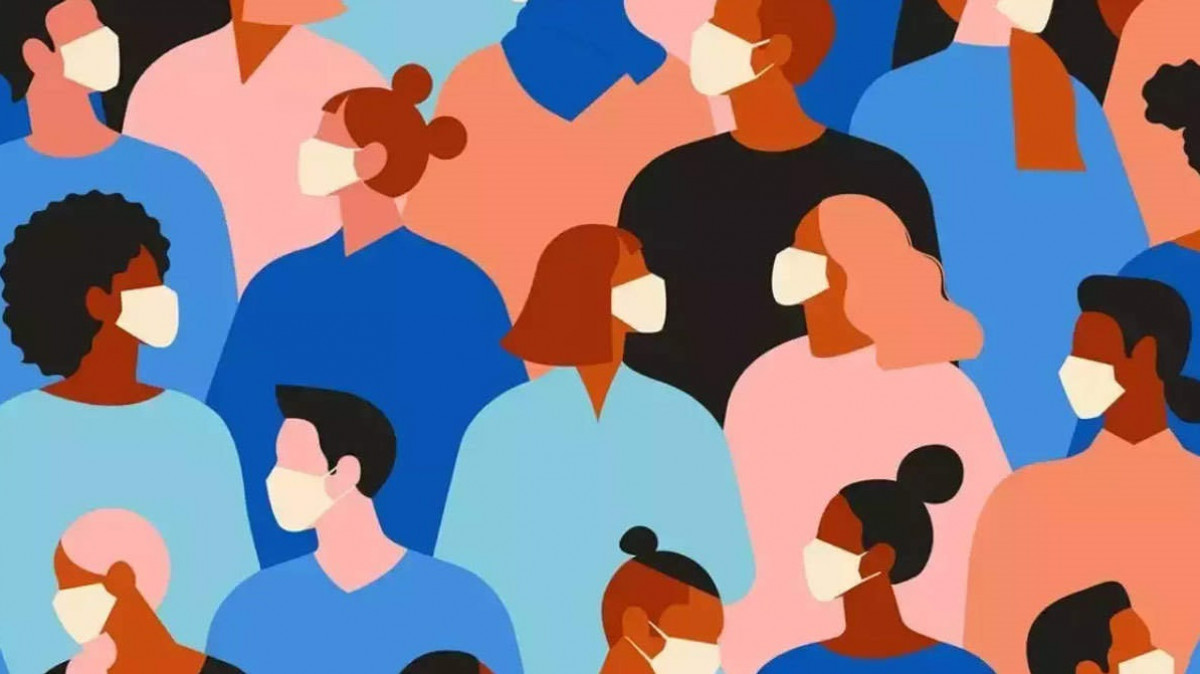Opinion
Teetotalitarianism!
General consumption of alcohol must not be equated with alcoholism

At a time when the coronavirus has led to an economic catastrophe all over the world, India is a noteworthy example, certain industries, which do not interfere with the principle of social distancing necessitated by corona, but definitely with the principle of social justice, should be allowed to function.
The liquor industry is one such. It has been pointed out that India is losing crores of rupees generated by the sale of alcoholic beverages. Apparently, in Delhi alone, liquor sales exist to the tune of Rs. 5000 crores per year. Imagine, then, what the nationwide tally for the sale of liquor is!
It seems to me that there is no ostensible reason for banning the sale of liquor during the extended lockdown. If wine shops are allowed to keep open, the same social distancing that customers practice when they buy groceries, fruits and vegetables, and medicines can be practised when they go to pick up their supply of alcohol. By now, human beings all over the world have grown accustomed to the need for social distancing and the use of masks.
However, if opening up the wine shops isn’t a good idea, we can at least have online sales and door-to-door deliveries of drinks, as we have of food. In fact, some states like Bengal and Assam tried this out, until the experiment was recently vetoed down by the central government.
In the West, one can buy a crate of beer, or a bottle of wine, whisky, rum or vodka off the shelf at a department store, exactly as one buys a bottle of Coke. I doubt if lockdowns in any other country except India, and of course the Islamic nations, extend to the consumption of liquor.
It is a fact that during India’s extended lockdown, which incidentally has been the harshest in the world, there are several people afflicted by mental health issues like loneliness and depression. To such people, alcohol, taken in the right doses, can be soothing. Doctors often prescribe brandy, which is medicinal, to patients with frayed nerves. Likewise, red wine is said to be good for the heart. With the liquor shops being shut, several tipplers, used to their evening drink, are substituting with Pepsi and Coke, which can be more harmful than alcohol.
To my mind, selling liquor during a lockdown has fewer consequences than selling it in normal times. For one thing, there can be no drunk driving as cars and bikes are off the road. Similarly, since the streets are manned by policemen night and day, the chances of a drunken roadside brawl are next to nil.
In India, prohibition is practised only in the state of Gujarat, which is a “dry state”. Prime Minister Modi hails from Gujarat, and it is likely that he supports the idea of prohibition. But it is well-known that prohibition in Gujarat has only led to the illicit sale of liquor in the black market. Likewise, the current nation-wide prohibition, if one may call it that, has encouraged the sale of hooch as well as of the illegal transportation of branded liquor. A truck was intercepted by the police somewhere in the country a few days ago, and concealed under a pile of vegetables, was a huge consignment of expensive alcohol. For every truck that is thus waylaid, can we be sure that there aren’t many others that have managed to go scot-free?
To equate drinking with alcoholism, as many Indians tend to do, to my mind smacks of bigotry. It is like equating Hinduism with Hindutva, and heterosexuality with heteronormativity. Everyone who drinks isn’t a venom-spewing, wife-beating drunkard.
A final question. If alcohol is so suspect, why is it provided so cheaply (and abundantly) to our defence personnel? If anything, they should be kept away from it because they are the saviours of our motherland!
The title of my article is a fusion of two words, teetotaller, which means one who abstains from alcohol, and totalitarianism, which is a dictatorial political system that punishes dissent, such as Germany under Hitler, or North Korea today.
Teetotalitarianism, then, would imply a state where alcoholic abstinence, with the threat of punishment, is imposed on the people by the regime. Perhaps, it isn’t farfetched to say that there is teetotalitarianism in India today.
The opinions expressed by the author are strictly personal. Indie Journal does not necessarily subscribe to them.





